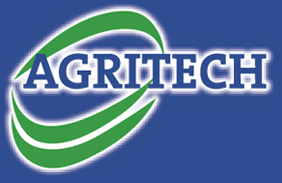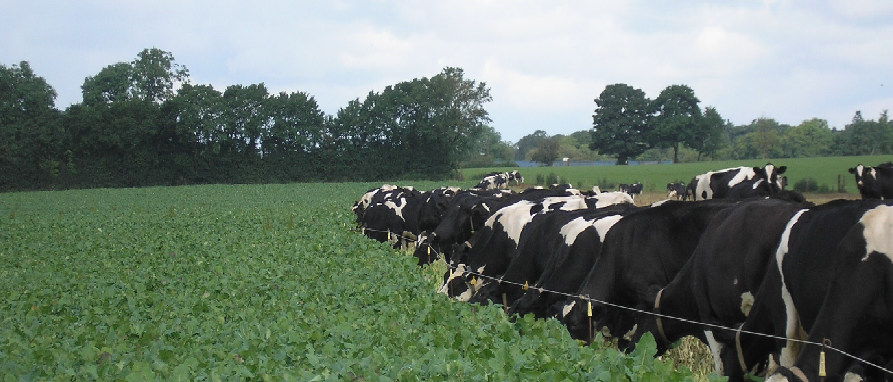As the days get shorter and grass growth comes to a stop, our attention now turns to forage supply for the coming winter months. With unpredictable grass growth and anticipated fodder shortages earlier in the season, many farmers turned to brassica crops such as Kale and Rape to make up the shortfall. As many of these forages are being used for the first time, farmers must be aware of the challenges and understand how to overcome them effectively.
Management
Although forage brassicas provide farmers with a high yielding, quality forage option, there are many management factors to consider when utilising the crop. When it comes to grazing, introduce strip grazing, additional bales in the fields and lie back areas. It is important that brassicas do not make up more than 60% of the animal’s dry matter intake, with the remaining 40% coming from silage, straw or hay. Access to water is also essential.
Animals must be introduced to the crop gradually to avoid bloat. Therefore, it is crucial to begin with 1–2 hours of grazing per day and then increase to full–time access after 10 days.
Diet
A diet of pure brassicas can cause many health issues for livestock, therefore it is essential that they are balanced correctly. Nutritionally, brassicas are 10-11ME and 16-18% protein, which should be adequate for most animals when fed with an alternative forage.
As brassica crops are extremely low in structural fibre, the inclusion of extra fibre sources such as silage, straw and hay should be provided before and throughout the brassica feeding period. This will help rumen microbes adjust to the feed and help to maintain normal rumen function.
Brassicas are low in trace elements, particularly copper, cobalt, iodine and selenium. Kale and Rape in particular are very low in iodine and contain glucosinolates which interfere with the uptake of iodine by the animal. Brassicas are moderate to low in phosphorus and magnesium and are high in calcium.
Mineral Supplementation
Animal health, weight gain and reproduction will all be compromised if adequate minerals and vitamins are not supplemented accordingly. With this in mind, Agritech have developed the Welmin Mineral Supplements Range, a comprehensive range of premium mineral supplements, which will ensure that your animals are adequately supplemented with all the essential minerals and vitamins this winter. The raw materials used by Agritech to manufacture the Welmin range are chosen for their high bio-availability, therefore ensuring we get to correct the imbalances that are occurring on intensive farms.
For any further advice on feeding brassicas and mineral supplementation, contact your local Agritech distributor or find out more by viewing our brand new Welmin Mineral Supplements Brochure.


